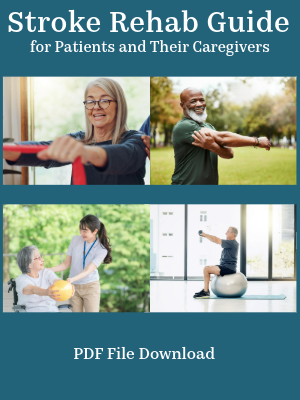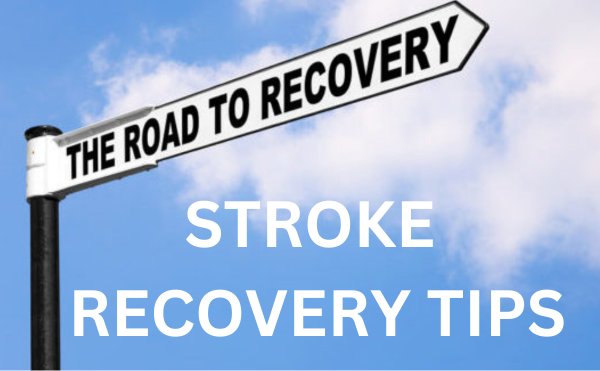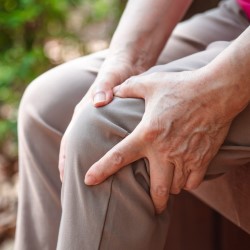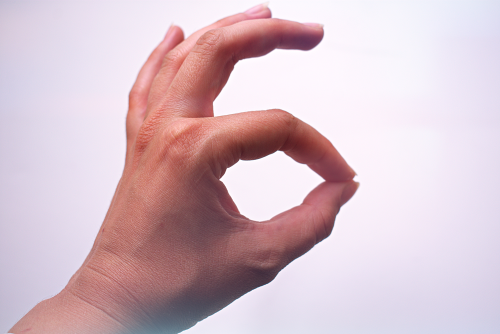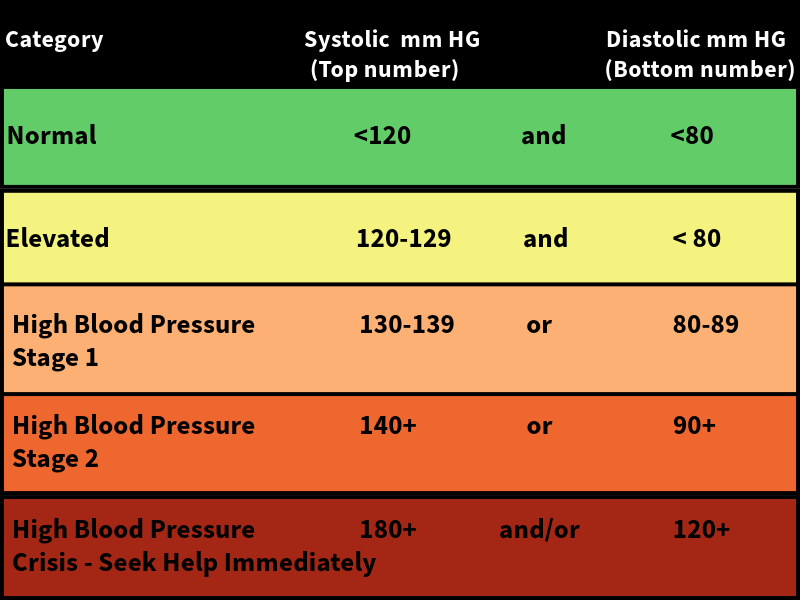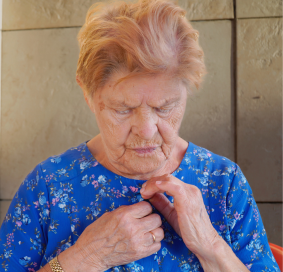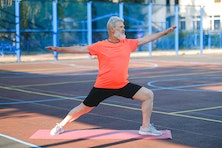Ischemic Stroke: Types and Causes
Medically reviewed by Karen Murray, OT, CHT, CSRS - written by Stroke-rehab.com
An ischemic stroke is the most common type of stroke and is often caused by a blood clot in an artery or blood vessel to the brain. It can be divided into two types, embolic or thrombotic.
Embolic stroke: occurs when an blood clot forms in another part of the body and travels through the bloodstream to the brain. This type of traveling blood clot is called an embolus.
Thrombolic stroke: differs from an embolic stroke in that a blood clot forms inside one of the brain's arteries rather than traveling from another body part. This stationary blood clot is called a thrombus.
Other causes of ischemic stroke include a lacunar infarct, vasculitis, or severe blood loss. A lacunar infarct is caused by small vessel disease and is primarily seen in patients with hypertension and diabetes. Vasculitis is a group of diseases that cause inflamed blood vessels. This inflammation can cause blood vessels to narrow or close thus causing a stroke. Ischemic strokes can also occur due to any disorder decreasing blood supply or oxygen to the brain such as severe blood loss or very low blood pressure.
If a stroke is caused by a clot, treatment is aimed at dissolving or removing the clot. Tissue Plasminogen Activator (tPA) can be used in the first few hours after a stroke to dissolve blood clots, however, many people do not arrive in time to receive this treatment. It is very important to get to the ER as soon as possible if one suspects having a stroke. This is in order to receive optimal treatment and minimize damage from the stroke. Other treatments that may be used with clots are anti-platelet medications, anticoagulants, or clot removing devices.
Get Our Stroke Rehab Guide

Our stroke rehab guide is designed specifically for patients and caregivers. It's in pdf format and can be immediately downloaded. It includes about
- Stroke Definition & Causes
- Stroke Treatment
- Rehabilitation Information for Physical, Occupational and Speech Therapy
- Exercise pictures
- Q&A from patients and caregivers
- Adaptive Equipment & Techniques
- How to Prevent Another Stroke & More!
Medical Disclaimer: All information on this website is for informational purposes only. This website does not provide medical advice or treatment. Always seek the advice of your physician or other healthcare provider before undertaking a new healthcare or exercise regimen. Never disregard professional medical advice or delay seeking medical treatment because of something you have read on this website. See the disclaimer page for full information.
